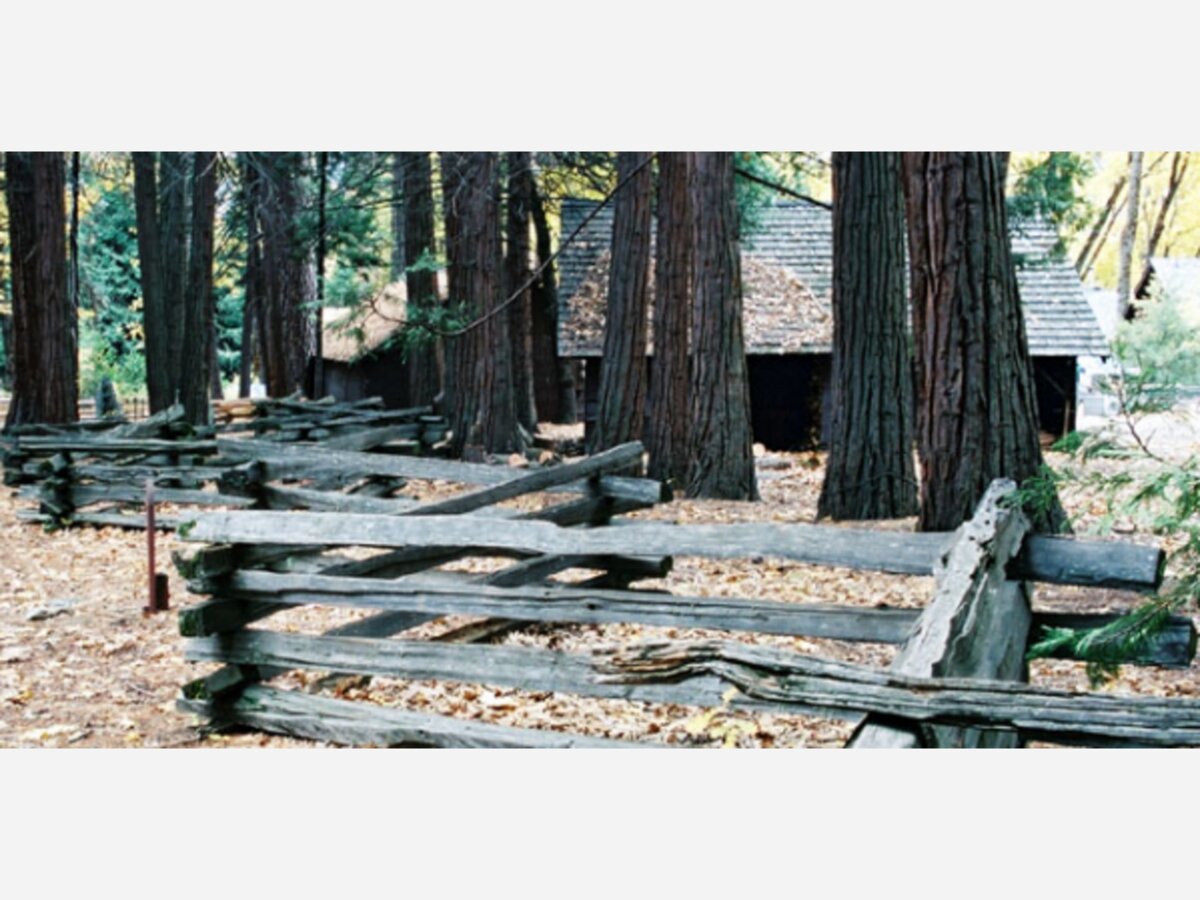Image

The important municipal post of fence viewer followed European settlers from old England to new and was central to concepts of property ownership and governance. When New Englanders moved to the Old Northwest Territory, the role followed.
No wonder that poet Robert Frost coined the phrase, “good fences make good neighbors,” in his 1914 poem, The Mending Wall.
The Bay State embodied the concept in law in 1693, and subsequently revised it again and again. The role is still part of the Massachusetts General Laws, Chapter 49. Section 1 of the law states that “The mayor of each city, subject to confirmation by the city council, and the selectmen of each town shall annually appoint two or more fence viewers, to hold office for one year and until their successors are qualified.”
And while some towns still appoint people to do just that one job, many, Franklin included, bundle the fence viewer role with other jobs handled by a building inspection department.
In the early days, fence viewers had power to make and enforce rulings regarding escaped or trespassing livestock, the location of fences, and, above all, maintenance of fences. With fences so crucial to keeping livestock where it belonged, loose boards and rotting posts were big concerns. The fence viewer could even compel a property owner to pay for needed maintenance or repair conducted by a neighbor if he or she failed to keep up their fence properly.
A November 1953 column in the Franklin Sentinel, “Do You Remember When” by Edith M. Barnes reflected on the long and active town career of Edward S. Cook, whose jobs ranged from fence viewer in 1906 to selectman decades later.
Some twenty years later, an article in the Sentinel noted that the Franklin Jaycees had given an Athletic Award to Alden R. Mucciarone, who, among other things, was at that time serving as the town’s Fence Viewer.
Tying the past to the present, current town resident, Paul DeBaggis, recalls filling the role of fence viewer from 1975 to 1987 when he served as town building commissioner, following Mucciarone in the role. “It was interesting and sometimes a pain,” he recalled.
“Some questions I answered were: How close to the property line can I put my fence? Does the "good" side have to face the neighbor? Do I need a permit for the fence? and so on.
Although not formally a fence viewer, DeBaggis says he sometimes has to field fence-related questions for citizens of Easton, where he still serves as a building inspector.